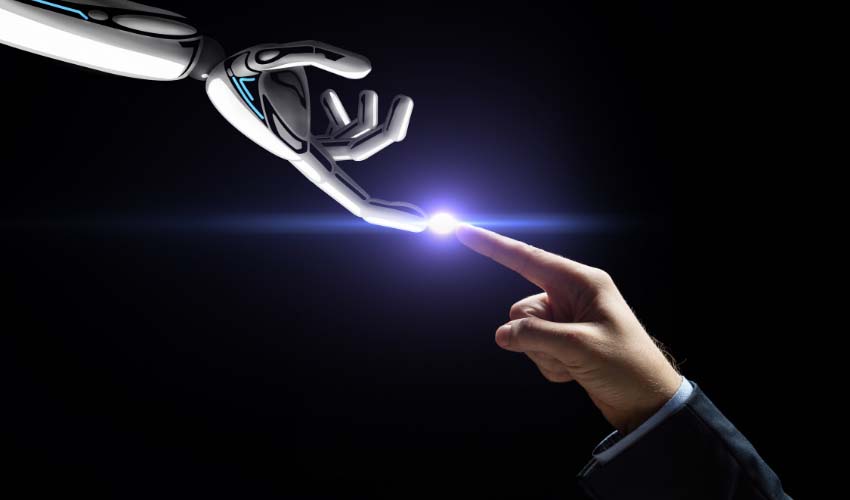In today’s fast-paced world, the demand for translation services is increasing rapidly as the need to bridge the gap between languages and cultures is rising. To cater to this demand, there are two primary approaches to evaluate machine translation vs human translators. Each method comes with its own set of pros and cons.
We will delve into the differences between machine translation and human translators and examine which method suits your needs.
Machine translation is a process that involves the use of computer-based software and artificial intelligence technologies to carry out translations. It has the potential to offer fast and automated translations.
When machine translation is free of errors, it can be referred to as accurate and precise. Some advantages of machine translation include its speed, cost-effectiveness, and ability to handle large amounts of data. It is particularly beneficial in situations where there is a requirement for quick translation of general texts.
However, there are also some drawbacks to machine translation. Given the intricacies of language structure and cultural nuances, delivering consistently accurate translations may not always be feasible.
In particular, texts containing specialized terminology or relying on significant cultural context can be prone to misunderstandings or shifts in meaning. This makes it challenging to achieve flawless automatic translations. As a result, the practice of machine translation post-editing is increasingly gaining traction to address these limitations.
Human translators, on the other hand, rely on their expertise in grammar, cultural understanding, and terminology to carry out translations. To provide flawless translation services, professionals who have specialized in the field and possess a strong command of the language are preferred more often.
The greatest advantage of human translators lies in their ability to adapt to the intricacies of language and cultural nuances more effectively. They can ensure accurate and meaningful translations, enabling you to receive top-quality translation services.
However, human translators also have their disadvantages. Due to the human factor, they may be limited in providing fast translations and can be higher in terms of cost. Additionally, they may not be as effective as machine translation in processing large volumes of data.
At Mirora, we recognize the importance of staying up-to-date with technological advancements to deliver quality translation services. That’s why we are building our team with highly skilled translators who have the expertise to provide you, our valued customers, with the best possible translation service.



Comments are closed